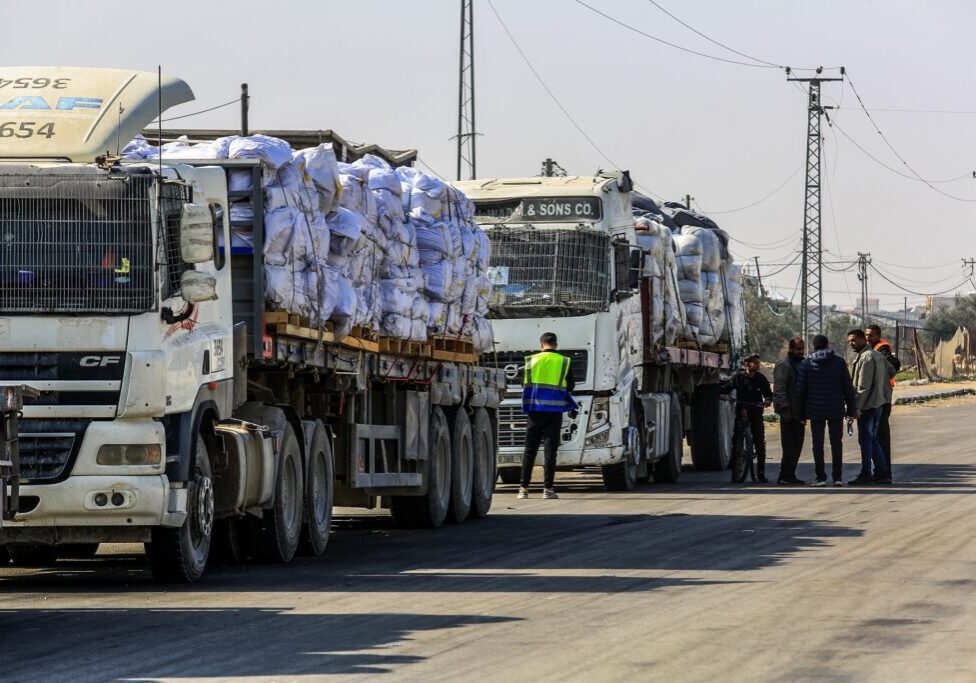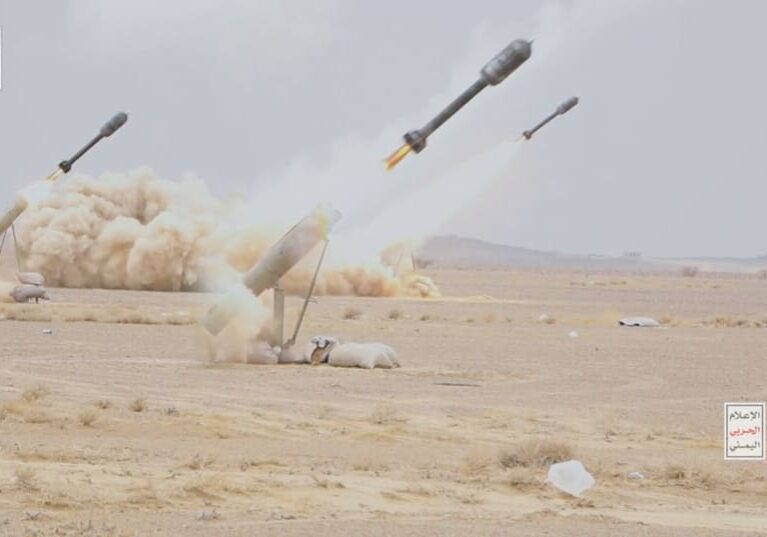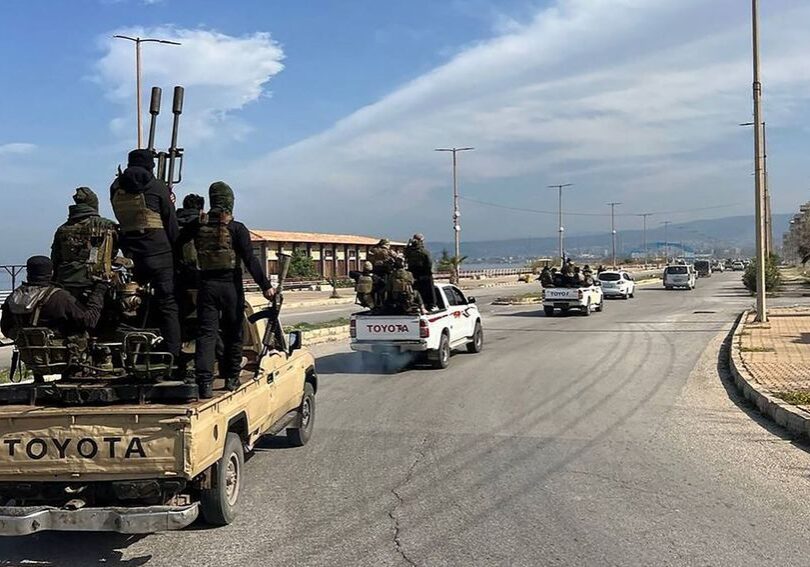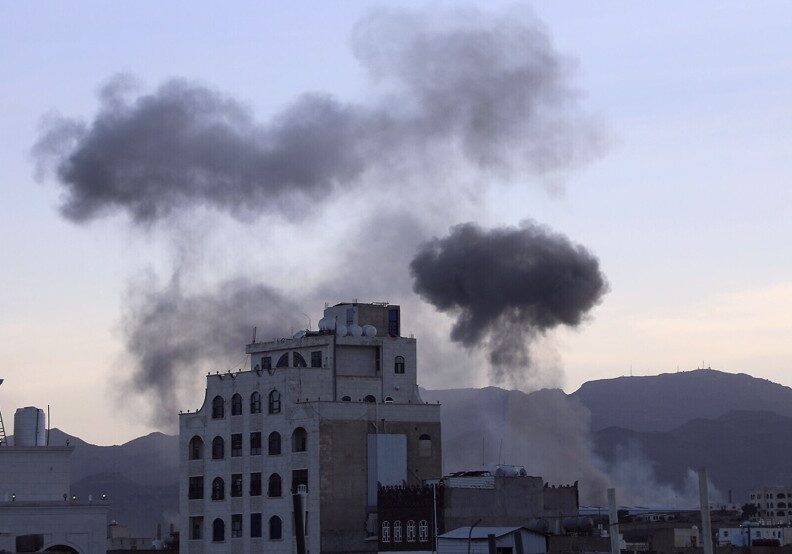Australia/Israel Review
The Aftermath of a Rebel Victory
Jul 30, 2012 | Barry Rubin
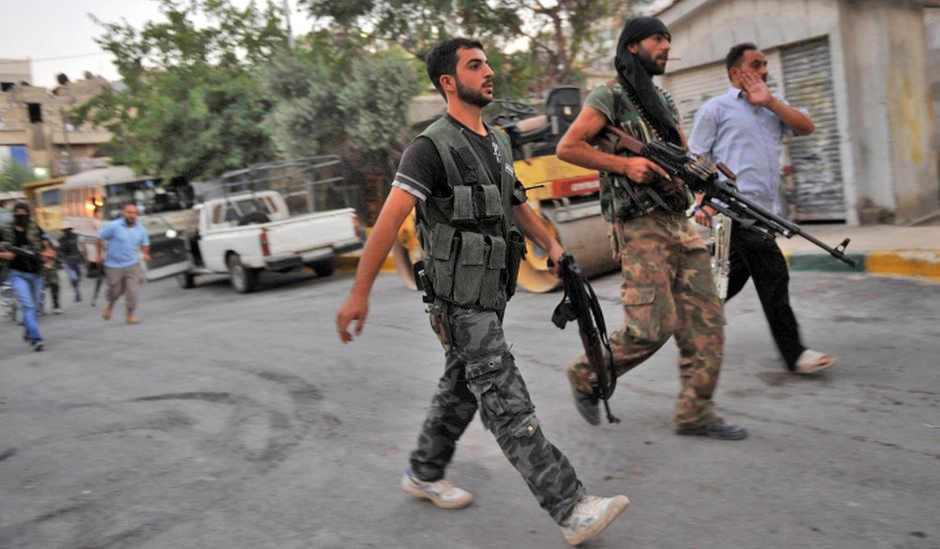
Barry Rubin
The tide seems to be turning in Syria. While the civil war is far from over, the regime is clearly weakening; the rebels are expanding their operations and effectiveness. There have also been more high-level defections.
Even though the fighting may go on for months, it is time to start assessing what outcomes might look like. Here are some suggestions:
• Ethnic massacres? While there have been reports of such actions – the regime killing Sunni Muslims; the opposition killing Alawites and Christians – what we’ve seen already might be nothing compared to what is to come.
• An Alawite fortress? Assad has built up his defences in northwest Syria, where most of the Alawites live to make a last stand or to try to hold out. How would such a final phase in the war go and could Assad keep the rebels from taking this stronghold?
• The Kurdish factor. Syria’s Kurds have essentially walled off their northeast section of the country. Their armed militia, helped by their compatriots in Iraq, can hold out against all but the most concerted force. The Kurds generally view the regime as repressive Arab nationalists while they see the opposition as Islamists and Arab nationalists. Would a new regime in Damascus make a deal with them for autonomy, or would it be tempted to try to conquer the area?
• And then there’s the biggest question of all: Who among the opposition forces would take power? Syria is quite different from such relatively homogeneous countries as Egypt and Tunisia. Let’s just list the different groupings:
Alawites now rule and in general support the regime. The treatment of the Alawites would be a key indicator for a new regime. Would it seek conciliation or would it massacre large numbers of them?
Christians also generally support the regime because they fear Islamists taking power. Will they face massacres and flee the country or will the new regime work to accommodate them?
The Kurds have been discussed above. Their goal is autonomy, one that a new central government could meet but will it want to grant them such status?
The Druze, who live in the southwest of the country, have not played a major role in the rebellion. They tend to accommodate themselves to the status quo. Will they organise communally and seek some autonomy? The Druze strategy is of special interest to Israel since they live closer to the Golan Heights and, indeed, Israel rules a Druze population there most of whose members identify as Syrians.
And finally there are the Sunni Muslim Arabs who comprise about 60% of the population. As a group they would be the new rulers. But they are very much divided among themselves. On one hand there are the Islamists, both Muslim Brotherhood and Salafists; on the other hand there are urban moderates who are more proportionately numerous and politically astute than their Egyptian counterparts. Who will get the upper hand?
In addition, there are many rural Sunni Arabs who could be described as traditionalists, who want a socially conservative state but could swing in either direction politically.
Last and certainly not least are the military officers who deserted Assad’s army and now run much of the opposition Free Syrian Army (FSA). They can be described as both technocrats and as Arab nationalists in varying degrees. Would they impose themselves on a new government?
The exile groups, including the US-backed Syrian National Council (SNC) seem to have little influence and prestige within the country. Would the US Administration and others try to force this Brotherhood-dominated group onto those who did the fighting?
At some point, one side or the other will win and at this time that winning side seems to be the opposition. It will establish a new central government in Damascus. That government will have to complete the conquest of the Alawite region and to decide on whether to grant some autonomy to the Kurds. A huge problem is whether it can, or wants to, prevent ethnic massacres. And of course there will be the question of who, and which political philosophy, will rule.
I do not think Syria is going to fall apart. Everybody pretty much has a vested interest in the survival of the state as a whole, just as happened with Iraq.
As you can see there are many questions and unknowns about Syria’s future. These apply regardless of the timing of any rebel victory, and they are going to be major factors affecting the Middle East over the coming decades.
Dr. Barry Rubin is Director of the Global Research in International Affairs (GLORIA) Centre and Editor of the Middle East Review of International Affairs (MERIA) Journal. Among his recent books is The Truth About Syria (Palgrave-Macmillan). To read and subscribe to MERIA, GLORIA articles, or to order books, go to www.gloria-center.org. You can read and subscribe to his blog at www.rubinreports.blogspot.com. © GLORIA, reprinted by permission, all rights reserved.
Tags: Syria



